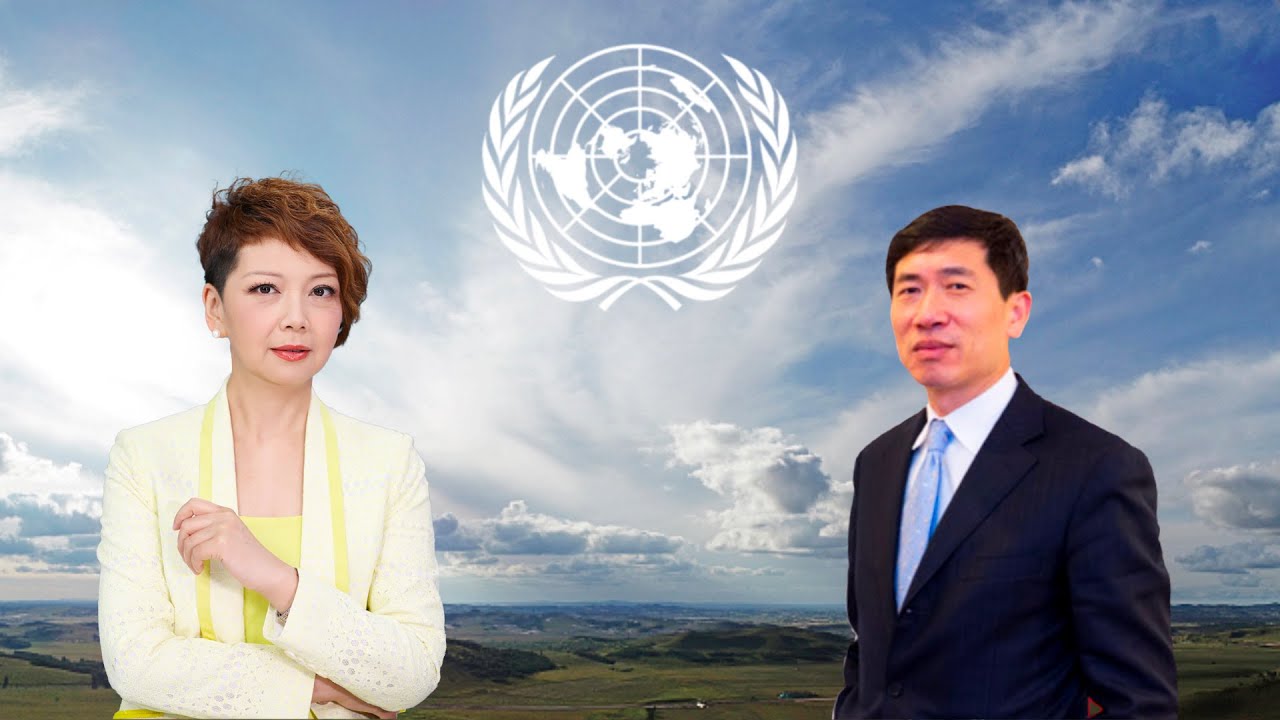Addressing Challenges in Scientific Research in Sudan
Port Sudan, July 5, 2025 – The Undersecretary of the Ministry of Higher Education and Scientific Research, Professor Mohamed Hassan Dahab, has highlighted the significant challenges currently facing scientific research at Sudanese universities and research centers. He emphasized that the ongoing conflict involving rebel militias has severely disrupted research activities, while a lack of funding remains a critical obstacle. These factors have contributed to a decline in the quality and scope of scientific research in certain institutions.
To address these issues, a workshop on artificial intelligence (AI) and its impact on scientific research was recently launched at the Red Sea University in Port Sudan. The event attracted notable participants, including the Secretary-General of the Federation of Arab Scientific Research Councils, Abdul Majeed Bin Amara, along with experts, specialists, university professors, and students.
Professor Dahab encouraged researchers and university faculty to engage with the Federation of Arab Scientific Research Councils to access available opportunities in scientific research. He underscored the importance of the workshop, calling it essential for the country’s advancement, development, and revival. He noted that all nations have progressed through the outcomes of scientific research, and Sudan is no exception.
Dahab also mentioned that significant steps have been taken in this regard, leveraging available resources. He pointed to several agreements with the Federation of Arab Scientific Research Councils, describing the collaboration as advanced and beneficial for the scientific community.
A Step Toward Stability and Recovery
Abdul-Majeed Bin Amara, the Secretary-General of the Federation of Arab Scientific Research Councils, emphasized that the workshop was part of efforts to restore life and stability to Sudan after the war. He praised the resilience of Sudanese universities, which have continued their research and academic pursuits despite the challenging circumstances. He described the continuation of studies as a form of resistance and urged universities to seize the opportunities available to them.
Bin Amara also noted that Sudan has played a crucial role in supporting the Federation of Arab Scientific Research Councils during times of crisis. He specifically mentioned that Sudan helped the organization survive during the Iraq War in the early 1990s. He expressed pride in being one of the first representatives from international organizations to participate in a forum in Sudan since the outbreak of the conflict.
He added that scientific research continues even in countries experiencing tensions or wars, and the Federation of Arab Scientific Research Councils covers all expenses for Sudanese researchers, ensuring their participation in global academic initiatives.
Emphasizing the Role of AI in Academic Development
Professor Abdel-Gadir Badawi, Vice-Chancellor of the Red Sea University, highlighted the significance of the workshop and the papers presented during the event. He explained that the initiative was a collaborative effort between the Ministry of Higher Education, the Federation of Arab Scientific Research Councils, and the Red Sea University.
Badawi stressed the importance of artificial intelligence in modern scientific research and publishing, emphasizing its potential to enhance university operations and curricula. He stated that the university level should not be based solely on tradition but should evolve with new developments, promoting research and connecting it to local communities.
He also mentioned that the workshop’s recommendations would receive full attention and follow-up to ensure effective implementation.
Key Presentations and Future Implications
Two key working papers were presented during the workshop. One, titled “Artificial Intelligence in Scientific Research,” was delivered by Professor Ahmed Hassan Fahal. The other, “Fifth-Generation Universities: Opportunities, Business, and Ambition,” was presented by Engineer Walid Mohammed Al Mubarak.
These discussions marked an important milestone in advancing scientific research in Sudan, offering insights into how emerging technologies can support academic growth and innovation. The event demonstrated a commitment to overcoming existing challenges and building a stronger foundation for future research and development.







